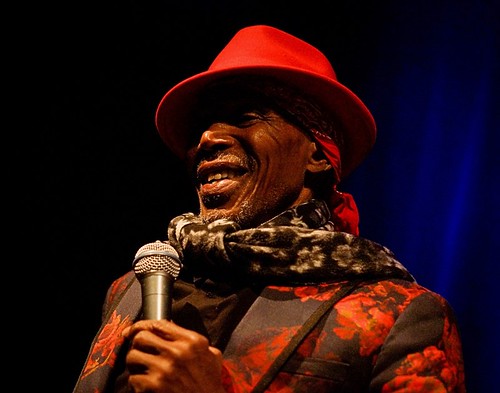Dunkley sets up Labor’s 2025 win
Dunkley #Dunkley

The Liberal primary vote rose by almost 7 percentage points, but this was courtesy of One Nation and United Australia Party not fielding candidates after having done so at the 2022 general election.
Now to policy.
Voters don’t expect governments to perform miracles, but they do expect some practical empathy when they are struggling to make ends meet.
The Liberal Party’s attempts to enliven the crime issue was an abysmal failure. So was the anti-immigration campaign of Advance Australia.
Labor’s recasting of the stage three tax cuts to help low- and middle-income earners was well received in all but the wealthiest parts of Dunkley. General public awareness of these tax cuts remains low, so the task for Labor is to communicate them more widely.
While crime is an issue in any electorate, voters blame state governments not federal governments for it. The Liberal Party’s attempts to enliven the crime issue by using the case of an asylum seeker who had been released by order of the High Court and falsely arrested by Victoria Police was an abysmal failure.
So, too, was the whole anti-immigration campaign of Advance Australia, an organisation funded by billionaires.
To maintain its connection with voters struggling with the cost of living, the Albanese government will need to offer further relief in the coming budget.
A continuation of support for households with electricity bills would have three benefits.
It would be progressive, since electricity costs form a larger share of the incomes of poorer than wealthier people.
It would directly reduce the Consumer Price Index, a positive development for the Reserve Bank’s thinking about cash-rate reductions.
And it would provide additional community support for the energy transition, against which the Coalition again is campaigning, this time in favour of nuclear energy.
Clearly, the Coalition will campaign against a so-called Big Australia, hoping to pick up votes in outer-urban seats whose transport and social infrastructure is stretched. Dunkley is one such seat, but there are many more in Melbourne and Sydney.
It might work in those seats, but the Coalition seems to find it irresistible to vilify refugees along the way. Doing so again would cement in place the teals in such seats as Kooyong, Goldstein, Warringah, Wentworth and North Sydney. It would also boost teal chances in the Liberal-held seat of Bradfield.
Only the most conservative economists are advocating further increases in interest rates. Inflation has eased from 8.4 per cent in late-2022 to 3.4 per cent – only slightly above the Reserve bank’s range of 2-3 per cent.
The Reserve Bank had been forecasting inflation to fall back to 3 per cent only in mid-2025. It is likely to do so much sooner than that, making interest-rate reductions likely this year.
Labor will argue its economic strategy is working; wages rising and inflation falling.
These conditions can be expected to form the context for the next election.
What does all this mean for economic reform?
With all the mainland states being governed by Labor, the task of competition policy reform is looking a little easier.
In December last year, in a little-reported development, federal and state treasurers agreed to revitalise national competition policy.
Much of the unfinished competition policy reform agenda, including reform of planning and zoning laws, involves the states and territories.
While undertaking these reforms might not be a headline grabber, it has the potential to increase productivity growth and national prosperity.
Tax reform, however, is another matter. The Coalition is already running a campaign against any changes to negative gearing and seems likely to do so on family trusts.
Broadening the tax base to lower the rates is a sound economic principle, but the Coalition and the media will demand that Labor rule out every reform proposal.
There’s still a long way to go but based on the Dunkley byelection result and likely prevailing economic conditions, and in the absence of major international shocks, the Albanese government looks set to be returned at the next election.
Have your say
We are always interested to hear your views on current topics.
Guidelines for how to write an opinion article are here.
Guidelines for how to write a letter to the editor are here.
Please send your letter to edletters@afr.com.au.